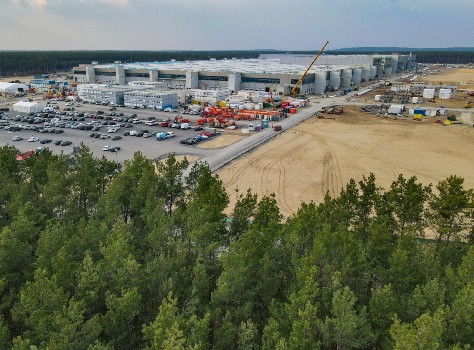Net profit at the group gained six percent to €446 million ($695 million), while sales jumped by 23 percent to 4.26 billion. Analysts polled by Dow Jones Newswires had forecast a 14.9-percent increase in sales and a drop of more than 10 percent in net profit.
MAN also stood by full-year 2008 targets, including a sales increase of more than 10 percent. MAN shares climbed sharply on the news.
“The balanced structure of the group is having a positive effect,” MAN chief executive Hakan Samuelsson said in a statement. “Demand for large-bore diesel engines, turbines and compressors remains extremely strong,” offsetting a fall in orders for trucks and busses.”
He admitted, however, incoming orders for the commercial vehicles business area were now declining after exceptional increases in previous years.
“Purchase decisions are being delayed by the sharp rise in diesel prices, the increase in the German truck toll, and tougher financing conditions,” Samuelsson said.
Shares in the industrial group gained 2.75 percent to €67.61 following the release of the results, while the Dax index of leading German shares was 1.11 percent higher overall.
“All divisions posted margins higher than, or in line with, our forecasts,” Dow Jones Newswires quoted JP Morgan analyst Julia Varesko as saying in a note to clients.
MAN’s order intake, a key indicator of future activity, gained eight percent on a 12-month basis to €5.12 billion.


 Please whitelist us to continue reading.
Please whitelist us to continue reading.